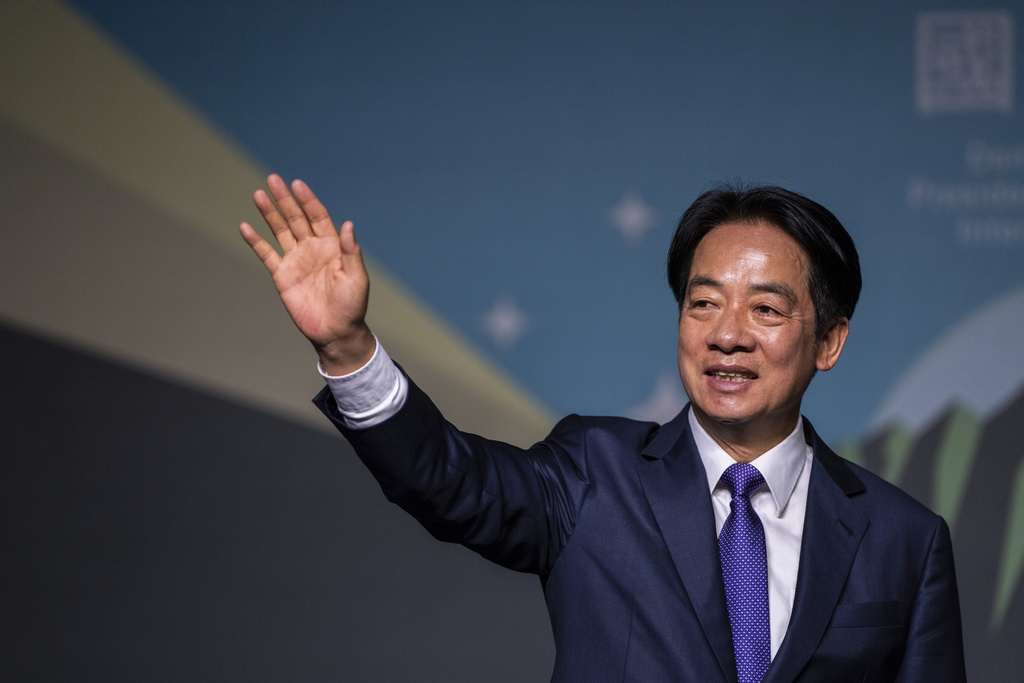In a recent development, Taiwan has vociferously countered China’s proposition that the island’s elections are a domestic affair for Beijing, dismissing such claims as “wild fallacies.” The Ministry of Foreign Affairs of Taiwan issued a statement in response to Beijing’s criticisms of its democratic process, affirming the Taiwanese people’s steadfast commitment to upholding democratic values.
Taiwan recently conducted an election to choose a new president and parliament under the shadow of Beijing’s intensifying threats. The election campaign revolved around a blend of livelihood issues and strategies to manage relations with China, which persistently claims Taiwan as its territory. Defying Beijing’s warnings, Taiwanese voters elected pro-sovereignty candidate Lai Ching-te from the ruling Democratic Progressive Party (DPP) as president.
Beijing’s Stand on Taiwan’s Democratic Process
Beijing, asserting its territorial claim over Taiwan, reacted to Lai’s victory by stating that it wouldn’t alter the inevitable course of China’s reunification. However, Taiwan has steadfastly rebutted China’s assertions about the country, emphasizing Taiwan’s fearlessness in the face of China’s intimidation. This development has further escalated tensions between the two nations.
Lai Ching-te, the new president-elect, faces substantial challenges from China, which labels him a separatist. Lai has voiced his intent to maintain the status quo with China, striving to avert antagonistic relations. However, his remarks on Taiwan’s independence have cast him as a threat in Beijing’s eyes. China has escalated military drills near Taiwan in response to the island’s interaction with the United States, and Taiwan anticipates further pressure from China on the incoming president.
Taiwan’s Democratic Values and International Recognition
Lai’s election victory sends a clear message to China and the international community that Taiwan considers its democratic processes sovereign and not subject to Beijing’s control. While many countries engage with Taiwan through unofficial channels without extending diplomatic recognition, the United States, Japan, and the European Union have acknowledged Taiwan’s democratic process. Consequently, the situation surrounding Taiwan’s election has become part of broader global dynamics, including the island’s relations with the United States and the strategic concerns of regional and global powers regarding China’s intentions and actions in the region.

